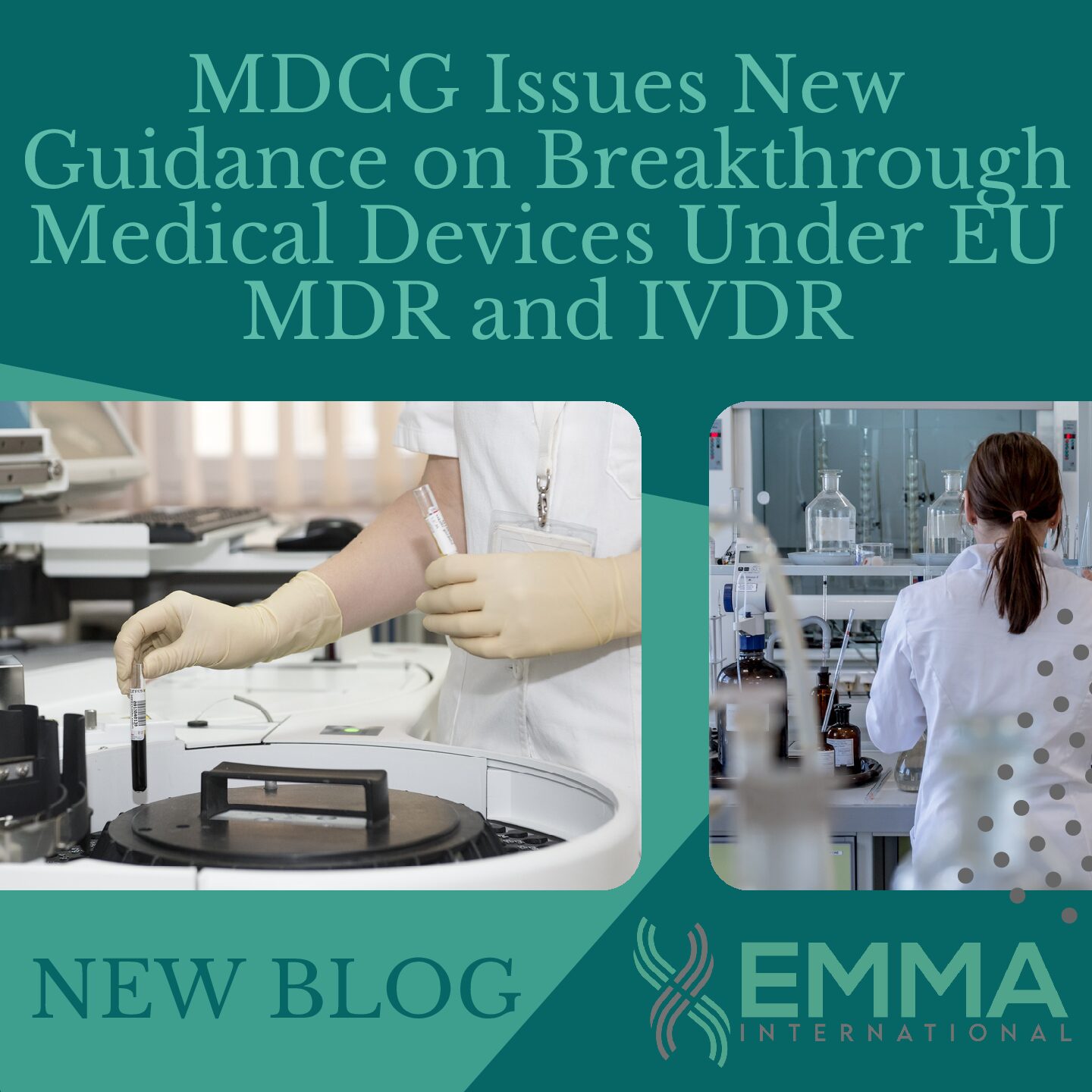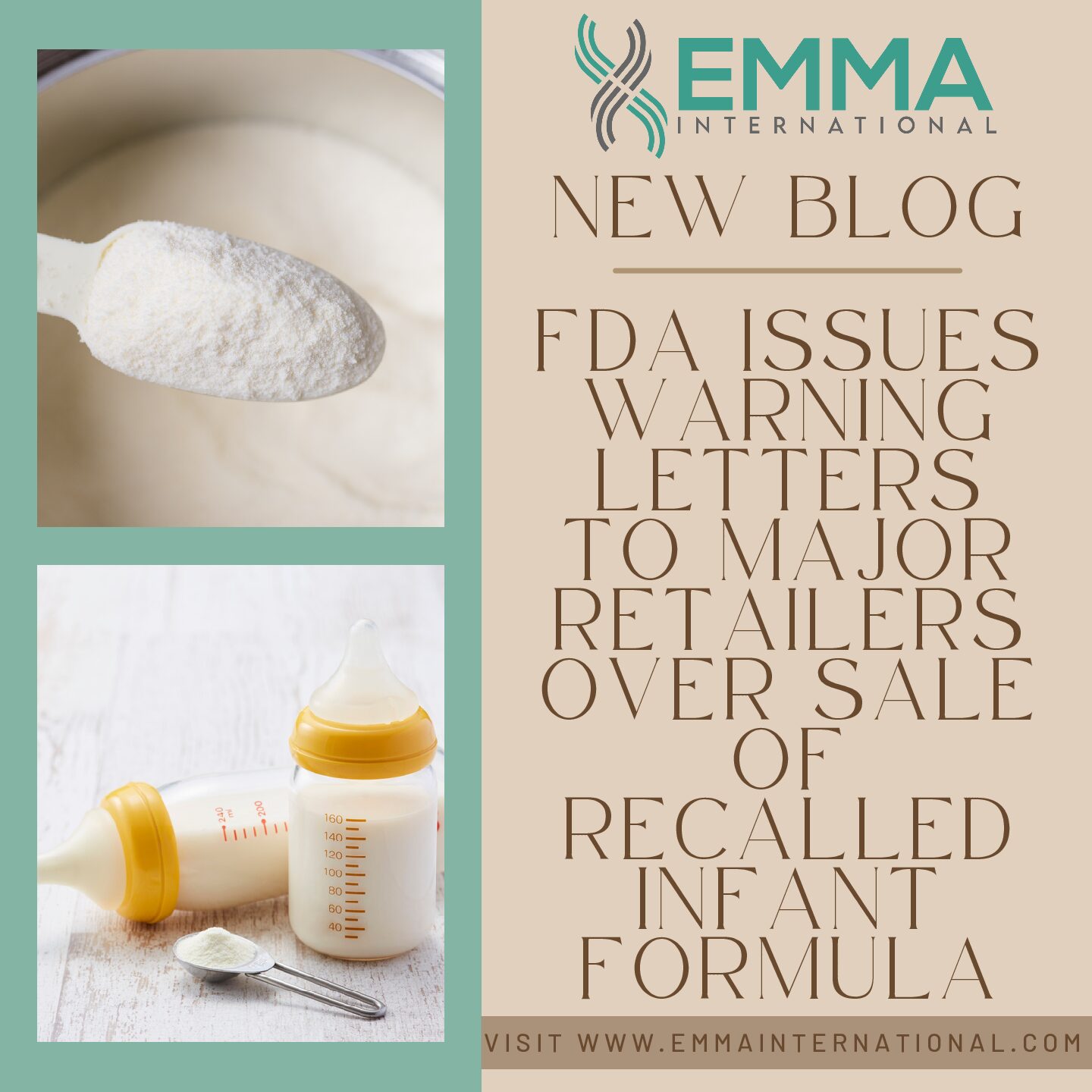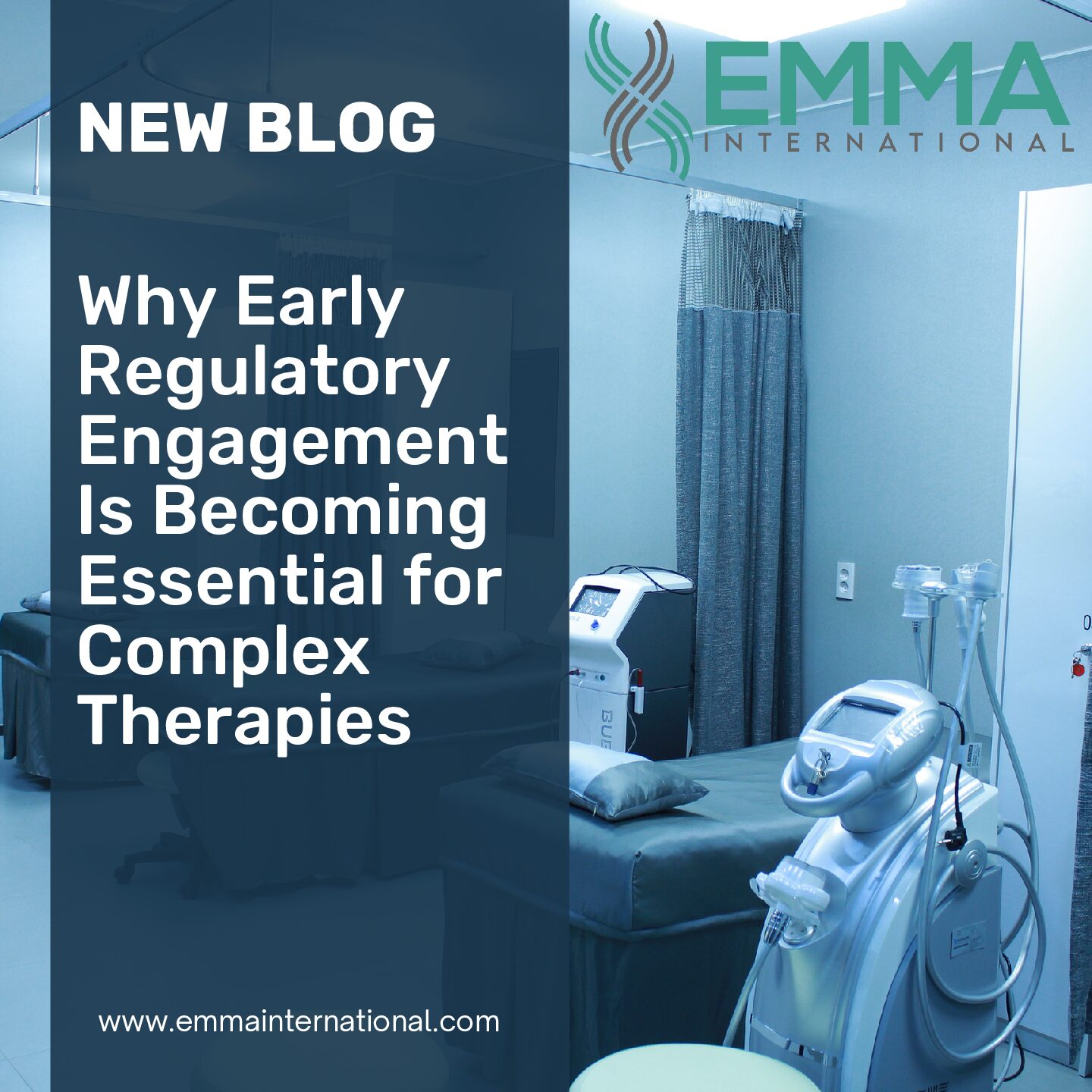The pandemic has been a challenging time for all industries including the Food and Drug Administration (FDA). The FDA had to alter the manner in which it conducted its operations. One set of tools adopted by the FDA in response to COVID-19 was the remote regulatory assessment (RRAs).
Remote regulatory assessments essentially are examinations of FDA regulated establishments, which are conducted entirely remotely to ensure compliance with applicable FDA requirements.[i] FDA has used RRAs to conduct oversight, mitigate risk, meet critical public health needs and help maximize compliance of FDA-regulated products. RRAs include “remote interaction evaluations”[ii] as well as “remote record reviews” and others. When there was an elevated risk of spread of the virus and travel restrictions were imposed all around the world, FDA resorted to different types of RRAs to conduct their assessments and ensure compliance by the various establishments. However, noting the value of the mechanism, FDA more recently decided to not limit the use of RRAs to certain scenarios such as a pandemic. In July 2022, FDA announced that RRAs may be used for certain kind of assessments outside the current pandemic and for all FDA regulated products. This RRA could be voluntary or mandatory in nature, which FDA has clarified in its guidance document. Before proceeding, there is a need to understand what ‘guidance documents’ are. As the name suggests, guidance documents provide the audience with an interpretation of FDA’s policy on a regulatory issue.[iii] These documents could discuss more specific products and issues or could relate to the “processing, content, and evaluation or approval of submissions as well as to inspections and enforcement policies.”[iv] The contents of guidance documents in not of a binding nature and rather adopts a suggestive tone.
Voluntary RRAs are when FDA opts against exercising its mandatory authority and instead requests the establishment to voluntarily participate in the RRA process.[v] These establishments could include food producers, tobacco product manufacturers, drug or medical device manufacturers, clinical investigators etc. On the other hand, establishments for mandatory RRAs include those engaging in “manufacturing, preparation, propagation, compounding, or processing of a drug and are subject to section 704(a)(4) of the FD&C Act.”[vi] While RRAs do not satisfy the statutory requirements laid down under Section 704(a)(1), FDCA, that required designated officers or employees to physically enter the establishments to ensure compliance with the set standards, remote requests for FSVP records are covered under section 805(d), FDCA. These record requests are used by FDA to to request records to evaluate food importer’s compliance with FSVP.
When it comes to using this authority, FDA can initiate a voluntary RRA whenever it deems appropriate to fulfill Agency’s regulatory requirements to protect human and animal health. This could be under circumstances when travel bans have been imposed. It could be due to pandemics, natural disasters, or any other kind of unstable situation. An RRA could also be resorted to when the FDA determines that it could assist in conducting elements of establishment oversight or support regulatory decisions.[vii] The plan of action therefore is proceed based on a “risk-based approach” while determining whether or not to initiate an RRA. Some of the factors that would be put to consideration include “firm location, inspection history, complexity of product and process, and travel restrictions.”[viii] Another point to note is that the authority has decided to not conduct inspections and RRAs simultaneously. The RRA could “precede, prompt or be a follow-up to an inspection”[ix] but not occur simultaneously. Some of the benefits here include reducing expenditure of resources, optimizing on-site time, making prompt regulatory decisions such as in the case of emergency use authorizations, etc. The draft guidance clarifies, among other things, procedural details for RRAs. At EMMA International, we provide services for FDA regulatory approvals. Contact us by phone at 248-987-4497 or by email at info@emmainternational.com.
[i] U.S. Food and Drug Administration (July 2022). Conducting Remote Regulatory Assessments, Questions and Answers, Draft Guidance for Industry. https://www.fda.gov/media/160173/download
[ii] Remote Interactive Evaluations of Drug Manufacturing and Bioresearch Monitoring Facilities During the COVID-19 Public Health Emergency, Guidance for Industry, April 2021. We update guidance documents periodically. For the most recent version of a guidance, check the FDA guidance web page at https://www.fda.gov/regulatory-information/search-fda-guidance-documents. See also ORA’s RRA Fact Sheet: ORA’s Office of Medical Products and Tobacco Operations RRA Activities During Coronavirus Disease 2019 (COVID-19) Public Health Emergency.
[iii] U.S. Food and Drug Administration (January 2022). Guidances. https://www.fda.gov/industry/fda-basics-industry/guidances#:~:text=Guidance%20documents%20describe%20FDA’s%20interpretation,and%20testing%20of%20regulated%20products.
[iv] Id.
[v] Supra at n1.
[vi] Supra at n1.
[vii] Supra at n1.
[viii] Supra at n1.
[ix] Supra at n1.





